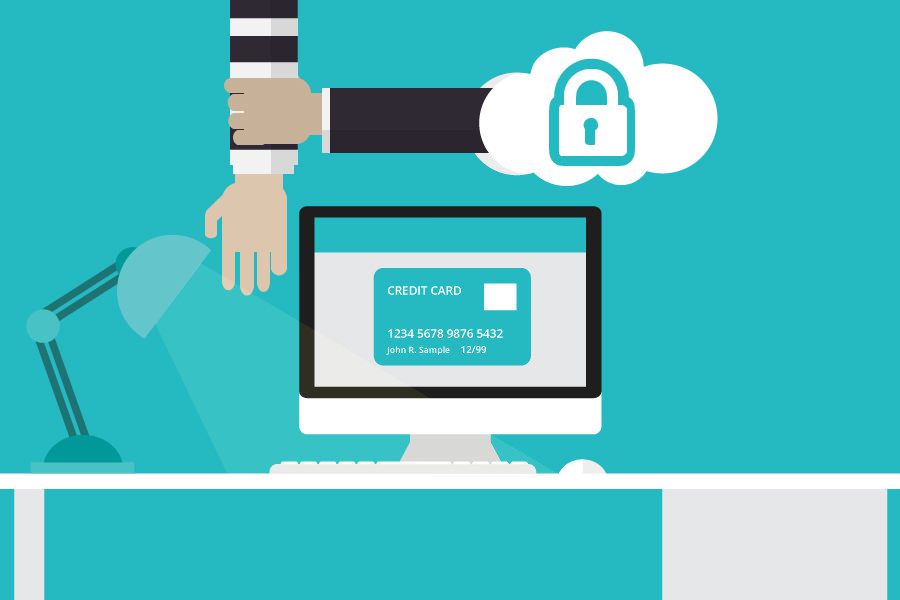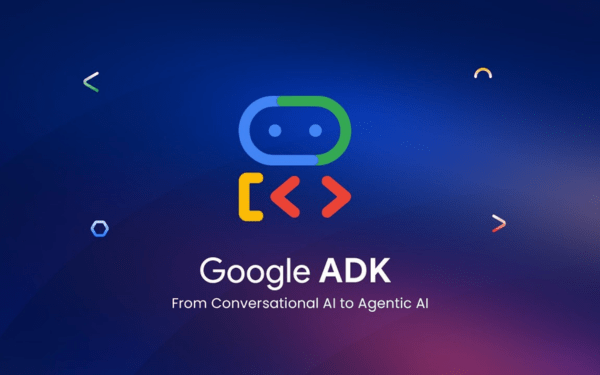Tại Google Cloud, Google cam kết cung cấp cho khách hàng sự lựa chọn hàng…
Email for businesses: G Suite or mail hosting?
In a modern environment where the amount of information and data each person receives and sends is increasingly large Email for business is the best choice for companies. However, choosing a business email solution that both meets the requirements for collaboration and information exchange while ensuring business security in the digital age is an issue that requires balance. Mention carefully.
What solution for business email?
Currently on the market there are two solutions Business email Of interest to users are Mail hosting and Google's Mail G Suite service. So what is the difference between these two domain email services?
1. Characteristics
Mail hosting
is an email service provided on a separate server system, using a traditional technology platform (on-premise) and only supports sending and receiving Mail.
G Suite
Business Email service provided by Google, built on a cloud computing platform with high security. Workspace G suite to be a set of applications for businesses with many internal applications such as: Gmail Domain; Google Drive to share and store documents; Calendar to arrange and manage work schedules, Docs, Sheets, Slides – real-time collaboration and document editing tools; Google Hangouts to chat and make video calls,...
 On premise vs. On cloud
On premise vs. On cloud
You can learn more about the service domain email of Google or sign up for a trial of G Suite here.
2. Stability
Email hosting
Because the providers will install software on the server and then install many customer email domains on the same server, resulting in the system running unstable. Because the servers are located in Vietnam and sometimes the servers themselves are unstable, So when moving abroad, communicating via email may be difficult.
Besides, when using a mail hosting service you will see that they have downtime, that is, downtime, the time a system is inaccessible. This time period will be planned by the units in advance (planned downtime) and there will be times that they cannot predict (unplanned downtime), this will affect the information flow and work of customers. .
G Suite
Google commits to customers under the SLA (Service Level Agreement) and in fact has guaranteed 99.984% uptime and no planned downtime for Gmail, meaning the system is always up and running. Why? Google with the principle of "redundancy on everything" - always doing everything in a... "redundant" way, from platform design, server design, to data storage, to building energy systems to ensure reliability. network and internet connection. This makes the solutions that Google provides do not depend on a single server or factor.
Every important component that makes up a system has a primary energy source and an alternate energy source, with equivalent capacities. Or when hardware, software or connectivity has problems, data will be automatically moved from one device to another to ensure users can continue working without interruption.
3. Security for business email
Mail hosting
The security issue of the system will completely depend on the security capabilities of the admin, the company's IT staff, and also on the security features of the hosting provider (these units usually do not have security features). security certificates/standards, not IT audited...).
In addition, the mail hosting system also lacks transparent reports (login time, activity log tracking...), does not have multi-layer login authentication features, or unusual access warnings. In particular, issues related to documents and sent content are not supported or require additional fees and support from third parties.
G Suite
Google covers every aspect of security you can think of:
Security to avoid attacks from outside.
With Google, all security issues are top priority. From hardware, software, training activities, internal audit, vulnerability management, etc., all are designed first and foremost to protect your own system. And because users are general use a platform, infrastructure with Google, them directly benefit from these security activities, even if the customer does not have an IT department. At "World - class security" level, all Google cloud services, including G Suite, are designed to provide better security than traditional on-premise solutions.
Data security for users
User data is always encrypted, both when stored in hardware, when stored in backup storage, when moving over the internet and when moving between data-centers. This encryption is an important part of G Suite users' data protection strategy, ensuring that data in Gmail, chat, documents stored on Google Drive and more are always safe.
Data security according to company policy
G Suite supports businesses in setting up security policies in accordance with the regulations and requirements of each unit. This is an extremely important feature that helps businesses protect their company's data and control who has access to it. For example:
- Mail flow policy for receiving/sending from outside and receiving/sending internally
- Comply with email content
- Follow the policy regarding documents included in emails
- Blacklist/Whitelist email addresses, mail server IP addresses, domains
- Employees in the company can independently assign access rights to documents stored on Google Drive (who has the right to access, edit, download or print,...)
In particular, one of the features that many people are interested in is: Control the flow of business information, especially the content that employees send out. Because Google always emphasizes security, surely the admin or anyone else cannot Log in to your employee's account. However with Google Vault, businesses can search, store, and export data for legal issues. For example, businesses can install a Retention rule to retain data for a certain period of time, for investigation purposes, even if the user has deleted messages, documents or deleted all data in the trash. .

Spam, virus filter and security alerts
For Emails received:
Every email sent to the user's mailbox is filtered by Google's spam filter. Emails marked as spam will be automatically saved to the Spam folder in the email. Admins can set more specific requirements for incoming email flows to avoid spamming employee mailboxes.
For outgoing emails:
One problem that many businesses using mail hosting complain about is that the emails they send to customers often fall into spam, which greatly affects the company's reputation and hinders its business operations. However, emails sent by G Suite users are very difficult to fall into spam, for 3 main reasons:
- The first, Google fully installs both SPF and DKIM records for customers. SPF (Sender Policy Framework) prevents spammers from sending fake messages from your domain address, while DKIM (Domain Key Identified Mail) is a method of authenticating e-mail using the sending domain's digital signature. letters. Current mail hosting services only install SPF records, if customers want to install DKIM, there will be an additional fee.
- Monday, G Suite mail server uses a huge number of IP addresses from Google, so when an email fails to send, the system uses a different IP address. Meanwhile, customers using mail hosting will only be able to use a static IP address and this address does not change.
- Tuesday, Google gets involved DMARC.org and G Suite follows DMARC.org standards. DMARC is a standard to block spammers from using the owner's domain without their permission (which we often call spoofing). In fact, when using mail, anyone can easily fake the address in the "From" field in sent mail. DMARC will ensure these fake emails are blocked before they reach the recipient's mailbox. These will ensure the reputation of the sender's domain, so that sent mail will not be marked as spam.
Any unusual login activity (login from an unfamiliar device, from an unusual location, etc.) will be sent a warning by Google to the user.
4. Technical support
In addition to the above issues when deciding to choose a mail system, the issue of support throughout the period of use also needs to be carefully considered. Many businesses using mail hosting have fallen into a situation of laughing and crying. Once the payment has been made, it is time for the supplier to "put their children on the market". Therefore, businesses should learn carefully about the supplier's SLA, especially for businesses that do not have an IT department.
With G Suite, Google commits to 24/7 support and users can contact them directly. For customers purchasing through Google partners in Vietnam, support will be more convenient in both language and response time. Specific information about support services, You can refer to here.
5. Cost:
Due to differences in applications, security, and flexibility, G suite prices will be higher than Mail Hosting:
Mail hosting
Current mail hosting providers often sell this Mail solution in packages with a fixed number of users and a certain capacity. For example, the price of a package including 10 emails, 1,000MB capacity will be about 250,000VND/month, including initialization costs.
G Suite
Unlike mail hosting, G Suite is sold flexibly per account (per license), meaning that businesses need to use as many accounts as they need to pay, with no minimum quantity required. A basic G Suite account will have 30GB of space for 3$/month, with no initiation fee.
With the cost difference being quite large, businesses that do not have a budget will often lean toward the first option. However, Quality goes hand in hand with price. A cheap solution will hardly ensure the quality of the entire system, the workflow of employees and even the security of all data.
Update: Gimasys



